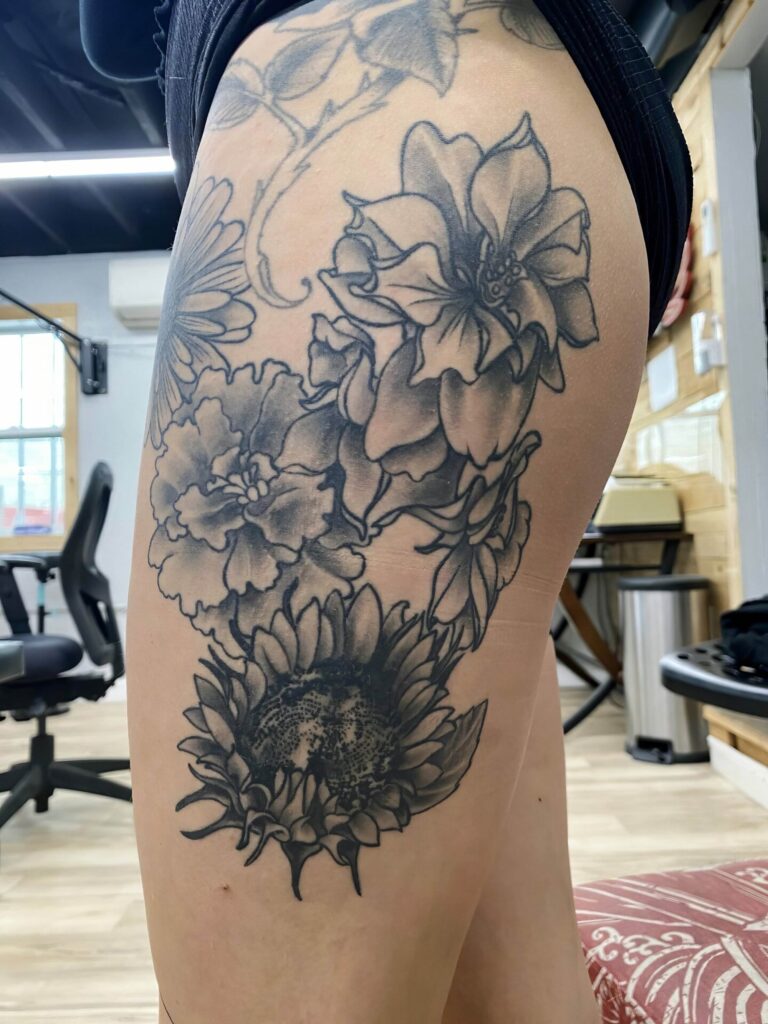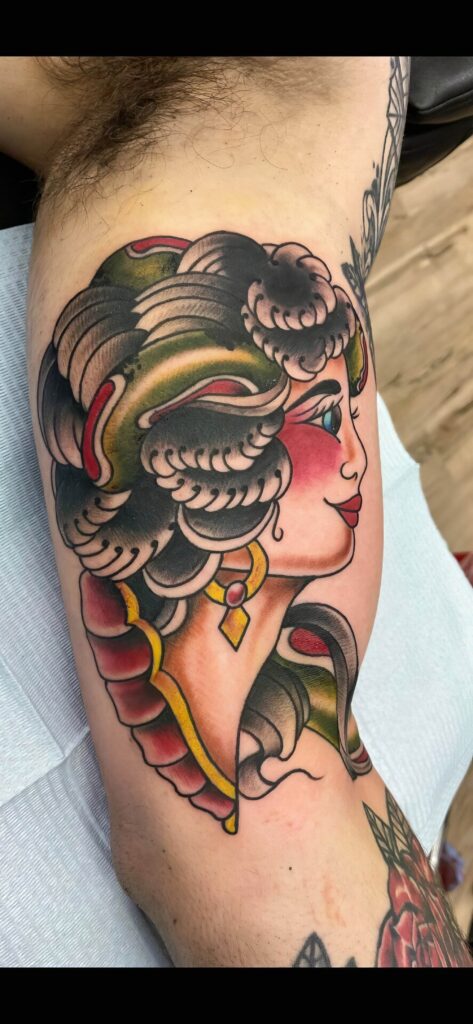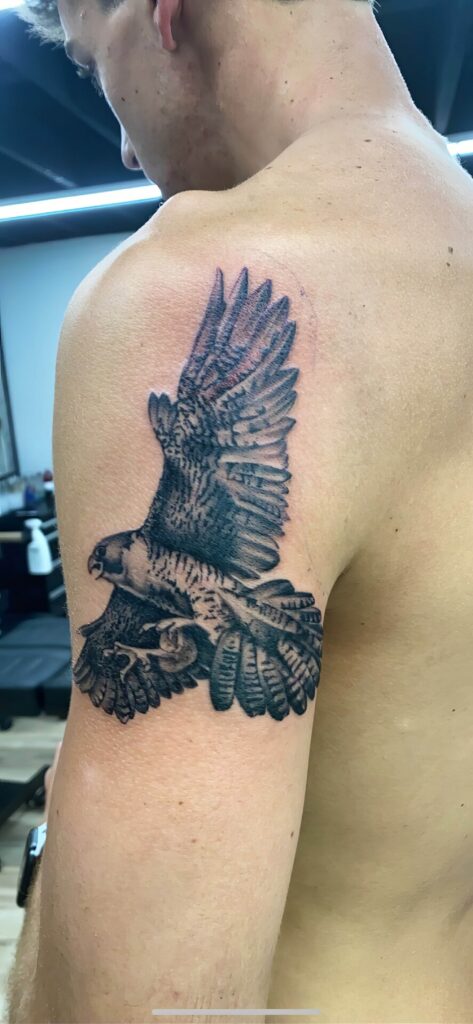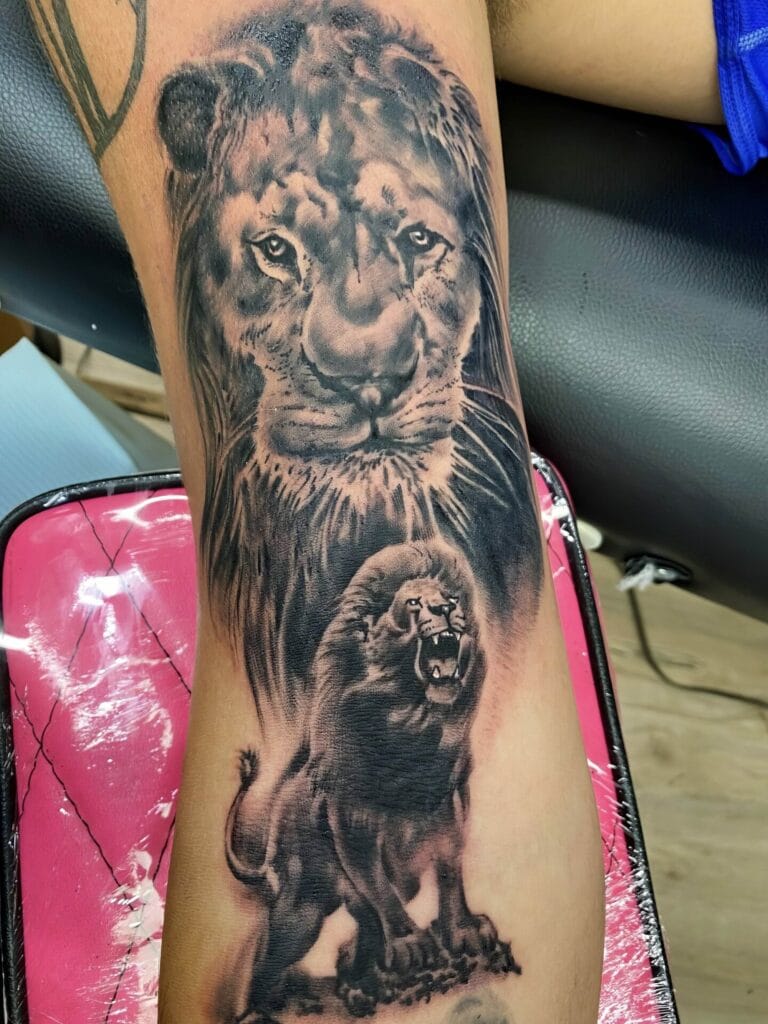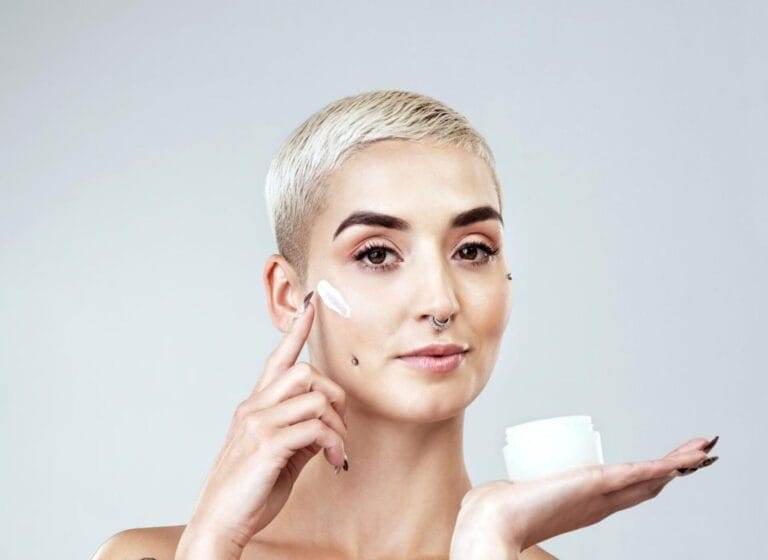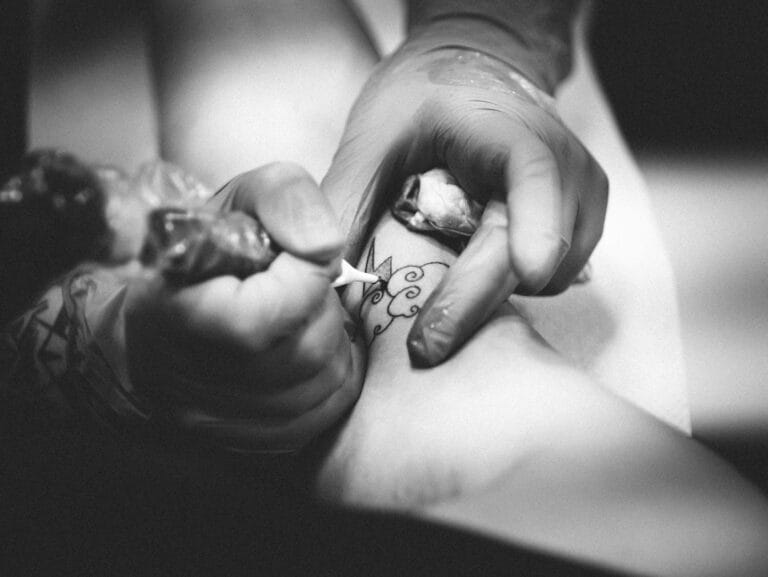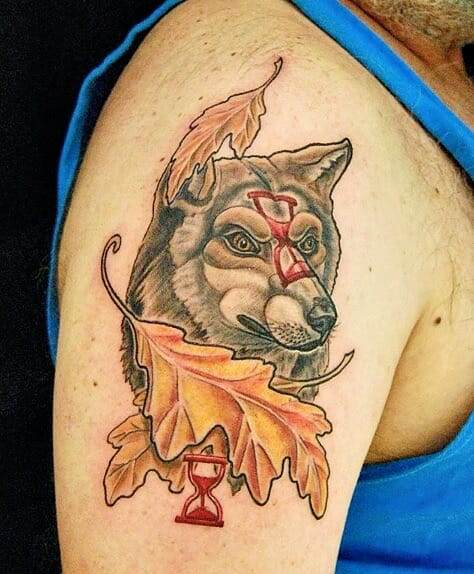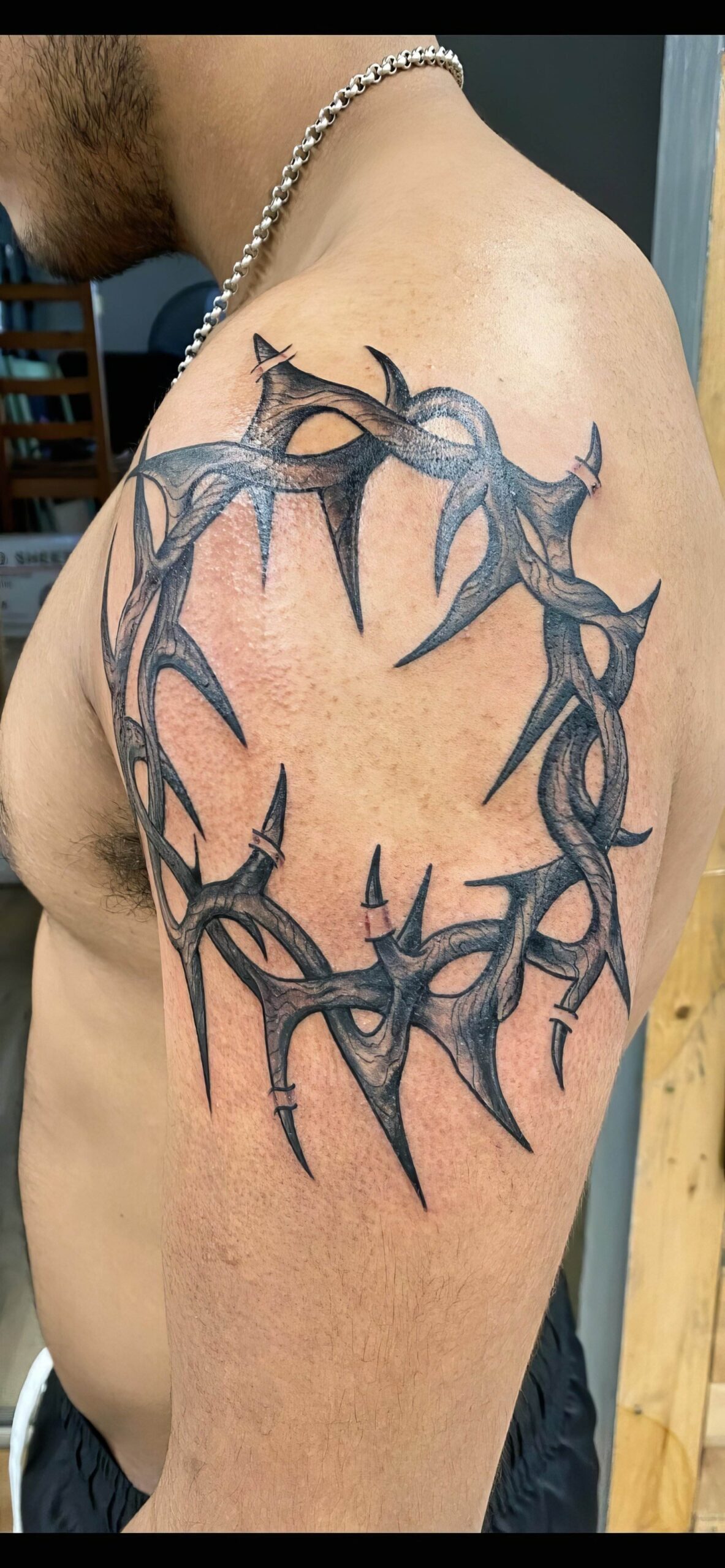
Introduction
Importance of Tattoo Aftercare
For individuals who have recently invested in their body art, understanding the significance of tattoo aftercare is essential. Aftercare is not merely a suggestion; it is a crucial step that directly influences the healing process and the final appearance of the tattoo. Proper aftercare ensures that the ink settles into the skin well, preserving the vibrant colors and intricate designs that were painstakingly created. Neglecting aftercare can lead to complications such as fading, scabbing, or even infection. To maintain the beauty and integrity of the tattoo, it is recommended to:
- Keep the tattoo clean and moisturized.
- Avoid sun exposure and swimming in pools or hot tubs for a period.
- Refrain from scratching or picking at the tattoo.
Taking these steps helps to foster a healthy healing environment, ultimately leading to a better outcome for the tattoo.
Factors Affecting Tattoo Healing
Several factors can influence how well a tattoo heals. Understanding these can empower individuals to take proactive measures. Some key factors include:
- Skin Type: Different skin types may react differently. Oily skin may retain moisture, slowing healing, while dry skin can crack and cause irritation.
- Lifestyle Choices: Activities such as intense workouts or sunbathing can put undue stress on a healing tattoo.
- Environment: Exposure to harsh weather conditions, such as wind or dry air, can impede the healing process.
- Aftercare Products: The right choice of moisturizing creams or ointments significantly affects healing times and outcomes.
By acknowledging these factors, tattoo enthusiasts can make informed decisions about their aftercare routines, thus fostering optimal healing conditions.
Choosing the Right Aftercare Products
Benefits of Using Specialized Tattoo Products
Once an individual understands the importance of tattoo aftercare, the next step is to select the right products. Specialized tattoo aftercare products are formulated specifically to nourish and protect freshly inked skin. Using these products can significantly enhance the healing process and ensure the tattoo retains its beauty for years to come. Some key benefits of specialized tattoo aftercare products include:
- Enhanced Healing: Carefully chosen ingredients promote faster healing and reduce the risk of complications.
- Color Preservation: These products help maintain vibrancy, minimizing fading over time.
- Reduced Itching and Irritation: Specialized formulas often include soothing agents that calm the skin, preventing discomfort.
- Convenience: These products are designed for easy application and can simplify the aftercare routine.
Choosing the right product can make a noticeable difference in overall tattoo quality and longevity.
Common Ingredients to Look for in Aftercare Products
When selecting tattoo aftercare products, it’s essential to examine the ingredient list. Some common ingredients that are beneficial for tattoo healing include:
- Aloe Vera: Known for its soothing properties, aloe vera helps hydrate the skin and reduce inflammation.
- Vitamin E: This ingredient is crucial for its antioxidant properties, promoting skin repair and minimizing the appearance of scars.
- Coconut Oil: Its natural moisturizing properties help maintain skin hydration and prevent dryness.
- Antibacterial Agents: Ingredients like tea tree oil can help prevent infections during the healing phase.
By focusing on these beneficial ingredients, individuals can ensure they are using effective products that support the tattoo healing process. Taking the time to choose specialized tattoo aftercare products not only enhances healing but also contributes to the long-term beauty of the tattoo.
Top Aftercare Products on the Market
Product 1: Review and Benefits
After understanding the importance of aftercare, choosing the right products becomes essential. One standout product in tattoo aftercare is Redemption Ink Aftercare Balm. This balm has gained recognition from tattoo enthusiasts for its soothing and hydrating properties. Benefits of Redemption Ink Aftercare Balm:
- Natural Ingredients: Contains aloe vera and coconut oil, ensuring your skin stays moisturized while promoting healing.
- Anti-Inflammatory Properties: Helps reduce redness and swelling, which is great for new tattoos.
- Convenient Application: The balm’s thick texture makes it easy to apply without the risk of clogging pores.
Users commonly rave about its effectiveness, noting how it minimizes itching and keeps tattoos looking fresh during the healing process.
Product 2: Comparison and Results
Another top product worth mentioning is Tattoo Goo Aftercare Lotion. Compared to Redemption Ink, Tattoo Goo offers a lighter, lotion-based formula that some users prefer for daily use. Comparison: | Feature | Redemption Ink Aftercare Balm | Tattoo Goo Aftercare Lotion | |———————————|——————————-|——————————-| | Texture | Thicker, balm | Lighter, lotion | | Moisturizing Ingredients | Aloe, Coconut Oil | Olive Oil, Vitamin E | | Absorption Speed | Moderate | Fast | | Ideal for Intense Itching | Yes | No | Results: Users often find that Tattoo Goo absorbs quickly, making it more suitable during warm weather or for tattoo areas that are prone to sweating. However, for individuals seeking intense hydration and relief from itching, Redemption Ink might be the better choice. Both products have their unique advantages, depending on personal skin needs and preferences. Choosing the right aftercare product plays a crucial role in not only healing but also in maintaining the vibrancy of the tattoo long-term.
DIY Aftercare Methods
Natural Remedies for Tattoo Healing
While commercial aftercare products are incredibly effective, many individuals prefer natural remedies for tattoo healing, often due to skin sensitivities or personal preferences. Utilizing natural ingredients can be both cost-effective and gentle on the skin. Here are a few popular natural remedies:
- Aloe Vera Gel: Known for its soothing properties, aloe vera can minimize swelling and redness. Applying fresh aloe directly from the leaf can enrich the healing environment for your tattoo.
- Coconut Oil: This multifaceted oil is not only a moisturizer but also possesses antibacterial properties. Applying coconut oil helps keep the tattoo hydrated and prevents infection.
- Tea Tree Oil: A natural antiseptic, tea tree oil can safeguard against bacteria. It’s best used diluted with a carrier oil, such as coconut oil, to prevent skin irritation.
Using these remedies can provide comfort and promote healing, making them ideal for those inclined toward a more holistic approach.
Homemade Aftercare Products
Crafting your homemade aftercare products can also be a rewarding way to ensure you know exactly what’s going on your skin. Here’s a simple recipe for a DIY tattoo aftercare cream: DIY Tattoo Aftercare Cream:Ingredients:
- 1/2 cup shea butter
- 1/4 cup coconut oil
- 10 drops of tea tree oil
- 10 drops of lavender essential oil
Instructions:
- Combine the shea butter and coconut oil in a double boiler to melt.
- Once melted, remove from heat and let cool slightly.
- Stir in tea tree oil and lavender essential oil.
- Whip the mixture with a hand mixer until fluffy.
- Store in a glass jar and apply as needed.
This homemade cream provides moisture, soothes the skin, and adds a lovely scent, all while using wholesome ingredients. Embracing DIY aftercare methods helps individuals maintain control over their tattoo healing process, enhancing satisfaction and comfort during healing.
Tips for Enhancing Tattoo Results
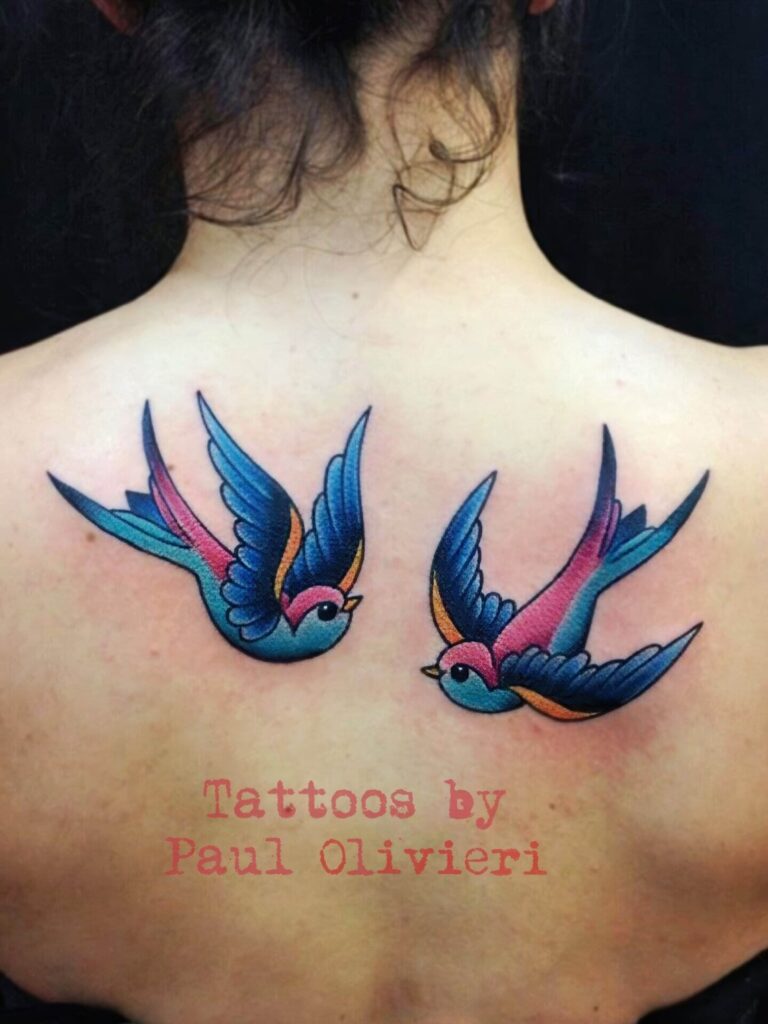
Proper Cleaning Techniques
Maintaining the integrity of a tattoo starts with proper cleaning techniques. In the initial few days following the tattoo session, the skin is particularly vulnerable, and how one cleans the area can significantly affect healing and the final appearance. Here are some essential cleaning tips:
- Use Mild Soap: Opt for a fragrance-free, antibacterial soap to cleanse the tattoo. This reduces the risk of irritation. Gently lather the soap with your fingers and avoid using washcloths, which can be too abrasive.
- Rinse Carefully: Use lukewarm water to rinse the tattoo, allowing the water to flow over the area rather than directly blasting it. This gentle approach reduces any discomfort.
- Pat Dry: Instead of rubbing the tattoo with a towel, gently pat it dry using a clean, soft cloth. This prevents irritation and potential scabbing.
- Frequency: Clean your tattoo twice daily during the first week, or as recommended by your tattoo artist, to maintain a clean and healthy environment for healing.
Protecting Your Tattoo from Fading
Once a tattoo has healed, protecting it from fading is crucial for maintaining its vibrancy over time. Here are some effective methods to safeguard your ink:
- Sunscreen is Key: Always apply a high-SPF sunscreen (30 or above) on the tattooed area before sun exposure. UV rays can significantly fade colors, leading to a dull appearance.
- Limit Sun Exposure: Whenever possible, keep your tattoo covered when outdoors for extended periods. This puts less stress on the ink while it absorbs sunlight.
- Moisturize Regularly: Keeping the skin hydrated helps retain the tattoo’s sharpness and color. Use a tattoo-friendly moisturizer or one containing natural ingredients.
By implementing proper cleaning techniques and taking steps to protect tattoos from fading, individuals can enhance the results of their body art, ensuring that it remains a vibrant and cherished part of their identity for years to come.
Importance of Moisturizing
Best Moisturizers for Tattoo Aftercare
Moisturizing is a critical aspect of tattoo aftercare that should never be overlooked. Keeping the skin hydrated not only promotes healing but also helps to maintain the vibrancy of the tattoo over time. When selecting moisturizers for tattoo aftercare, it is essential to choose ones specifically designed for this purpose. Here are some of the best moisturizers for tattoo aftercare:
- Redemption Ink Tattoo Aftercare Lotion: This lotion is formulated with natural ingredients and is designed to deeply hydrate while allowing the skin to breathe, ensuring an optimal healing environment.
- Hustle Butter Deluxe: Made with organic ingredients like mango, cocoa, and shea butters, this moisturizer not only hydrates but also enhances the brightness of the ink, making it a favorite among tattoo enthusiasts.
- Aveeno Daily Moisturizing Lotion: While not specifically for tattoos, this fragrance-free lotion is gentle and effective, providing long-lasting moisture without irritating the skin.
Finding a moisturizer that works with one’s skin type can significantly impact healing and tattoo appearance.
How to Prevent Dryness and Itching
Preventing dryness and itching is key to a smooth healing process. Here are some simple tips to help maintain skin hydration effectively:
- Hydrate Internally: Drinking plenty of water keeps the skin hydrated from the inside out, promoting overall skin health.
- Apply Moisturizer Frequently: Use a quality moisturizer several times a day, especially after cleaning the tattoo. This should be incorporated into your daily routine to maintain optimal moisture levels.
- Avoid Hot Showers: Excessive heat can strip the skin of its natural oils. Opt for lukewarm showers instead, and limit the duration to prevent drying out the tattooed area.
- Stay Cool: Keeping your environment cooler can help minimize sweating and irritation, making for a more comfortable healing process.
By prioritizing moisturizing and proactively preventing dryness and itching, individuals can enhance their tattoo aftercare experience, ensuring their new ink looks its best for years to come.
Understanding the Healing Process
Stages of Tattoo Healing
Understanding the stages of tattoo healing is essential for anyone who has recently gotten inked. A tattoo doesn’t just heal overnight; it goes through several stages that can last anywhere from a few weeks to a few months, depending on factors like skin type and aftercare practices. Here are the primary stages of tattoo healing:
- Stage 1: Initial Healing (Days 1-7) In the first week, the tattoo may be swollen, red, and tender. A scab may form as the skin begins to heal. During this time, proper cleaning and moisturizing are vital.
- Stage 2: Peeling and Itching (Days 7-14) As the tattoo starts to heal more thoroughly, it may begin to peel or flake. This can be uncomfortable, and it’s crucial to resist the urge to scratch, as this can lead to complications.
- Stage 3: Settling (Weeks 2-4) By the end of the second week, the outer layer of skin will have mostly healed. The colors may appear dull as the skin settles back into place. Continued hydration and protection from the sun remain essential during this phase.
- Stage 4: Complete Healing (1-3 Months) By this stage, the tattoo should feel normal, with the outer layer completely healed. However, deeper layers of skin will continue to heal for a while longer.
Signs of Infection to Watch Out For
As exciting as the tattoo journey is, it’s important to be vigilant for signs of infection, especially in the early stages. Here are some red flags to look out for:
- Excessive Redness and Swelling: While some redness is normal, an increase in size or intensity could signal an issue.
- Pus or Discharge: If there is any green or yellow discharge, it may indicate infection.
- Fever: A systemic sign that something isn’t right, especially if combined with local symptoms.
- Increased Pain: If the area becomes increasingly painful rather than improving, it’s time to see a medical professional.
Recognizing these signs early allows for timely intervention, ensuring a smooth healing experience. By understanding the stages of healing and what constitutes normal versus problematic symptoms, individuals can care for their new tattoos effectively and stress-free.

